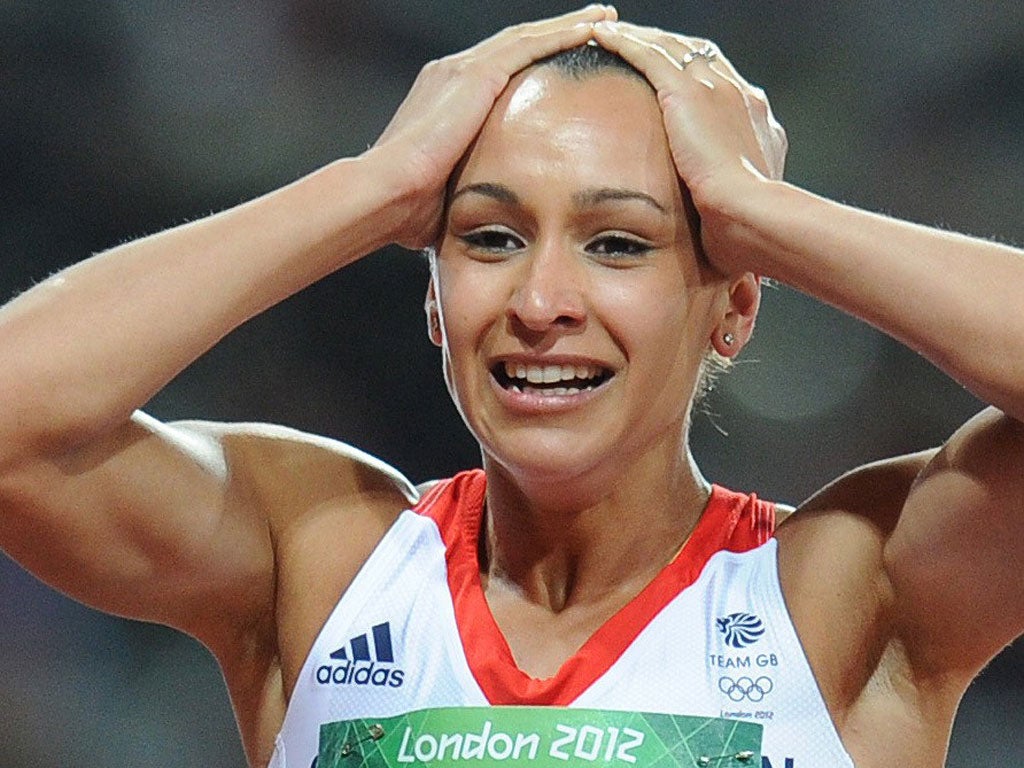The Last Word: Beware the Great Big Olympics Lie
No one seems to have a problem with the docility and hysteria

Now I can't be too long over this, because I have to go and shoot Bambi in a minute. But I am so unnerved by the past fortnight that I must risk affronting friends, family and colleagues by identifying a slick of dishonesty upon the great tide of gladness sweeping through these islands.
It would be churlish to deny that the Olympics, overall, have been a gratifying triumph. I can even accept that the prodigious expense of the stage has been vindicated by priceless inspiration from the performers. How delightful to see so many children so enthused. Perhaps some will even pursue a holiday fad rather longer than did those Australian youngsters – judging from their returns this summer – who were presumed "legatees" of Sydney 2000.
No event on this scale can register top marks across all indices. So it would be silly to waste too much vexation on, say, the monstrous priapic deformities somehow chosen as logo and mascots. Or the ghastly branding infecting daily vernacular, to the point where perfectly sensible people routinely immolate their dignity by talking about "Team GB" or "Games Makers".
Society showed ample vigilance, moreover, about the most obviously sinister challenges from the Games. Plenty were angered, for instance, that venues should be "proud only to take Visa". Or that the private sector be given a bet-to-nothing, as when a security firm trousered a huge contract, screwed up, and could rely on the army to make good the risked shortfall. In turn, I'm sure, they feel disquiet that the Olympics made it acceptable for British police to wander through crowds toting sub-machine guns.
No one, however, seems to have a problem with the docility and hysteria uniting millions of ordinary people in a Great Big Lie. For their obedient infatuation with the Games, at the behest of the mass media, has become a chilling exercise in the fragility of democracy.
Here is the bald truth suppressed at the heart of our present euphoria. In most cases you could stage exactly the same events as "world championships", last year or next, and hardly anyone would cross the road to watch. Very few, in fact, would bother to shift a thumb on the television remote. Jessica Ennis herself completed her Olympics warm-up before 300 paying customers.
Now clearly the Games mean more than a world championship to many of the participants themselves, albeit not in mainstream sports such as football or tennis. And that warrants respect. But only up to a point. Because it's blatantly dishonest to dismiss all these people as nobodies one day, and acclaim them as "icons" the next; to exalt, overnight, minority pastimes you have long considered dull or ludicrous; to deny that many of them, contested by so few people, must almost certainly set the Olympic bar pretty low.
Which is presumably why so much Lottery revenue was given to sports with a financially intimidating infrastructure. Sure enough, one of our rowing gold medallists had never sat in a boat until picked out by a Lottery-funded scheme barely four years ago. I certainly wouldn't disparage her endeavours or achievements since.
She is, demonstrably, extremely talented – and, like almost all the athletes I encountered at Eton Dorney, an impressive role model for young compatriots. Certainly, if the world is deceived that all Britons are as accomplished and engaging as Anna Watkins and Katherine Grainger, then the flattery contrived by these Games will have been worth every penny.
So I would hardly equate the syndrome with the Nuremberg rallies. What's the harm, after all, in people getting a little overexcited about something as wholesome as sport, of any kind? Over the last 14 days, we have duly come to respect the dedication required by champions of any discipline; and found their emotions agreeably infectious. But their crass apotheosis, by a free press that would have disgraced Pravda under Brezhnev, frightens the life out of me.
Because it shows how much judgement we are prepared to suspend, to feel part of the show. We see the state broadcaster devote more than half a bulletin to "another silver medal for Team GB", before a desultory look at carnage in the world's most ancient cities. And the next morning we get on the train and boast how we've got tickets to "the" beach volleyball, or ask if you caught "the" handball last night.
It's what Guy Debord called "the society of the spectacle" – the decline from being, to having, to appearing. And we are so enslaved to the illusion that you have to wonder whether people would be equally receptive to less innocuous agendas. As it is, flag-waving slobs merely wobble through their schedule of bread (or Big Macs) and circuses, wearing "Team GB" merchandise that counsels: "Better Never Stops".
Will we resist the same intellectual degradation, if it ever proposes political sickness rather than physical health? Many Britons are sticking their chests out, exulting in the rediscovery of national pride. But you have to pray that any new vanity will never supplant the wry, seasoned perspectives so celebrated in the ceremony that opened the whole spectacle. Because if better never stops, neither does worse.
Join our commenting forum
Join thought-provoking conversations, follow other Independent readers and see their replies
Comments
Bookmark popover
Removed from bookmarks